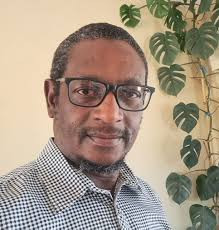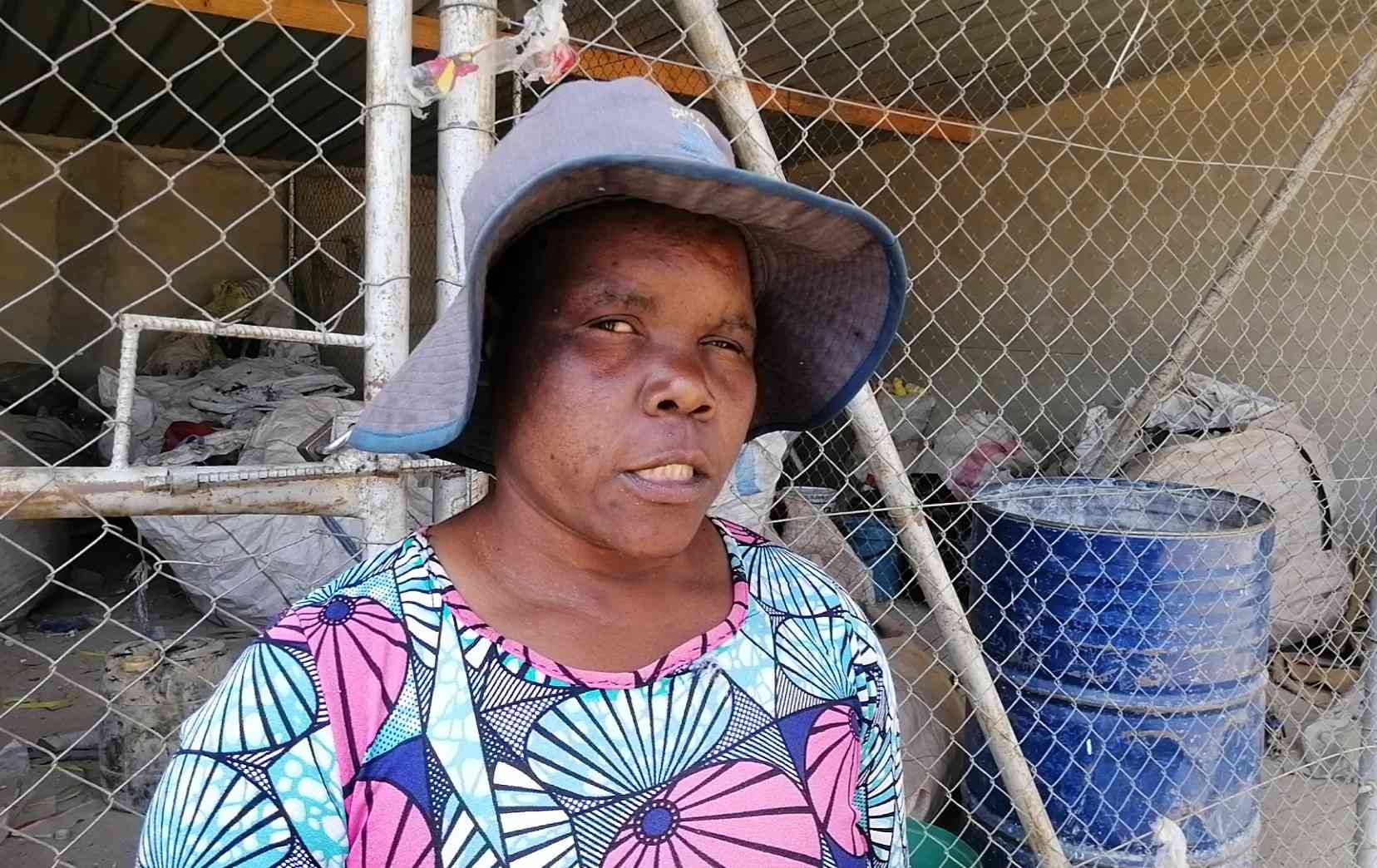
Plastic recycling business is changing people’s lives in Epworth, where community members have embarked on projects to collect and buy plastic and metal cans for sale.
The European Civil Protection and Humanitarian Aid Operations-funded project is running as an urban resilience programme to cushion urban dwellers prone to poverty and is being implemented by World Food Programme (WFP) in Zimbabwe.
According to the 2023 urban Zimbabwe Vulnerability Assessment Committee (ZimVAC) results, the cereal insecurity levels for urban areas decreased from 42% reported in 2020 to 29% in 2023.
A total of 1 533 661 people were estimated to be cereal insecure in the urban areas based on data collected in January this year.
However, the recycling projects have helped community members with necessary income to cover the deficits causing food insecurity
Sibusisiwe Ngolomuhle, who works at Makatendeka Waste Collection centre in Epworth, said the project had enhanced their livelihoods as they had been struggling to make ends meet since the COVID-19 pandemic.
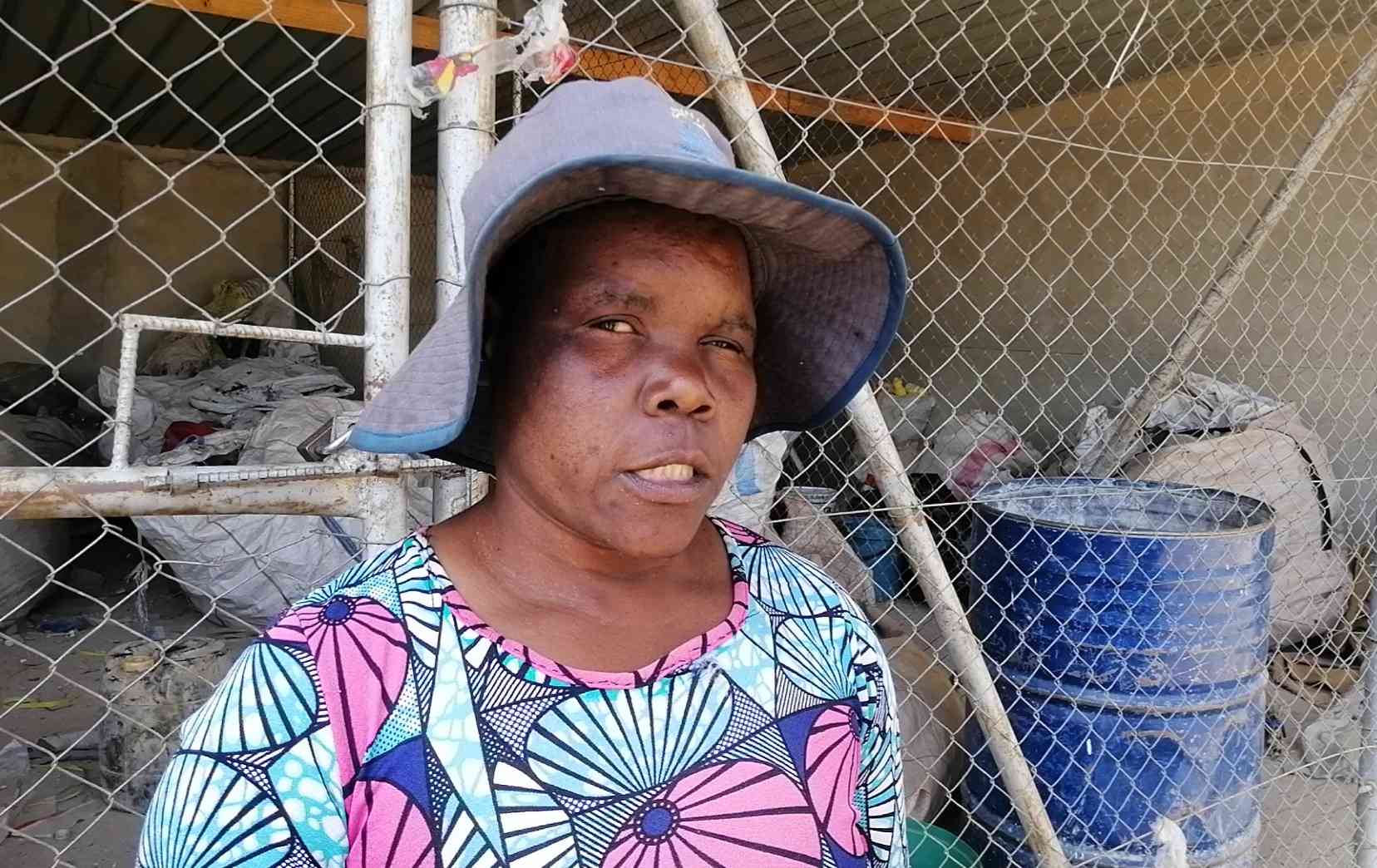
“We collect plastic papers, bottles and metal cans at dumpsites around the area which come in different sizes and types. We are also now able to raise fees to send our children to school as well as place food on the table to feed our families. Through waste collection we are also cleaning our city as we are decreasing and removing litter at dumpsites,” she said.
Another beneficiary of the project Joseph Ngorima also applauded WFP for the programme.
- Govt to feed 2m hungry Zimbos
- Govt to distribute grain as hunger stalks millions
- Harare’s drug lords ruling over ghettos
- Zim’s urbanites facing high prices
Keep Reading
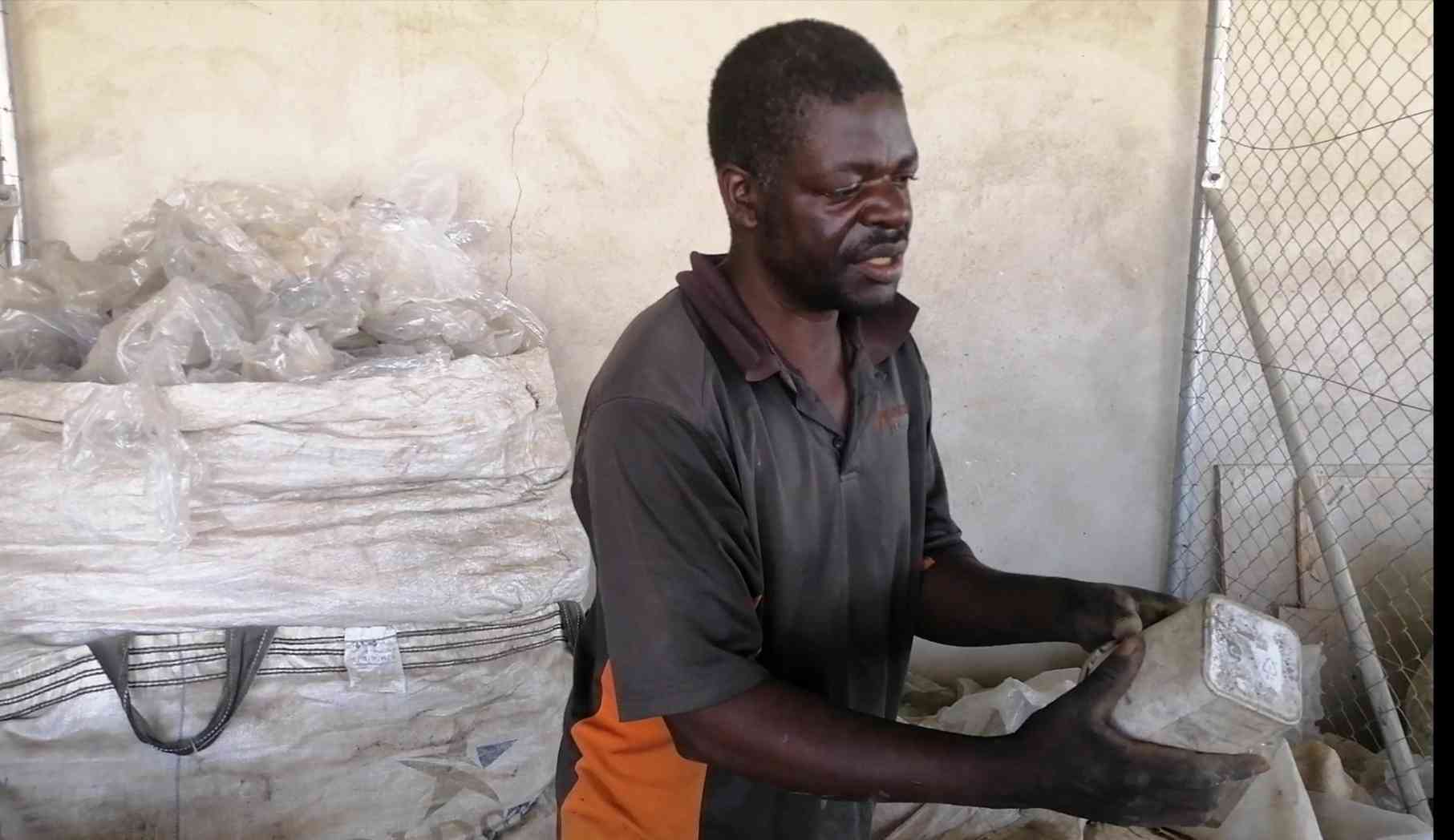
Plastic material being collected for recycling are high-density polyethylene, low-density polyethylene and assorted, among other types.
The plastics gathered are sold to plastic industries that manufacture plastic ware.
WFP programmes policy officer for the urban preparedness project, Sibonokhule Ncube, said the programme was launched after the identification of the most viable and scalable income-generating activities around the communities.
“WFP has been implementing this project since November 2021. We adopted a multi-stakeholder approach where we have been having meetings and workshops focusing on discussions with various stakeholders in the urban areas.
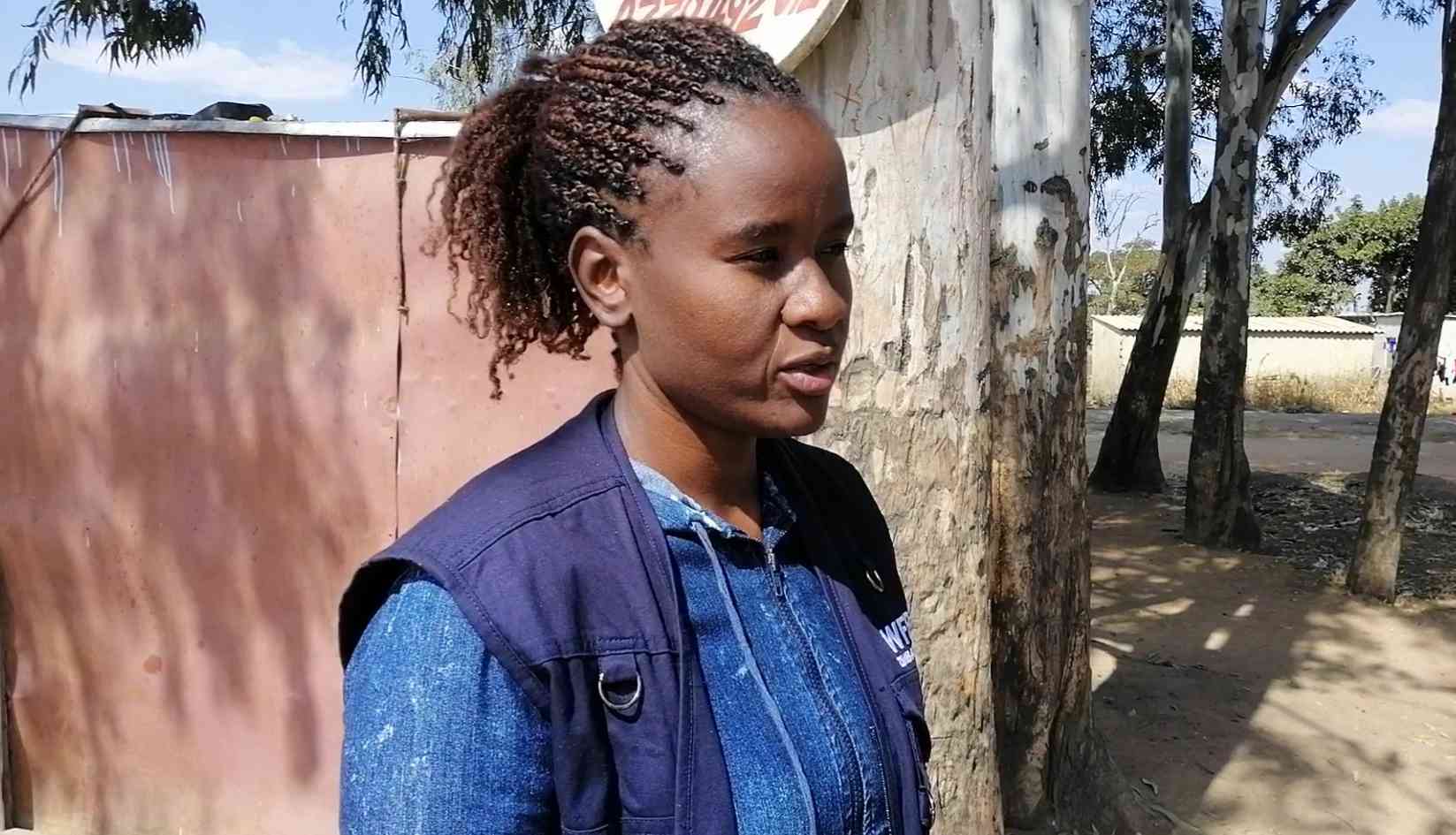
“The project is being implemented in Mutare, Gweru and Epworth. We have been engaging various stakeholders in these different urban communities to identify the key hazards.
“We have also supported disaster risk management planning processes where they have identified various hazards that are affecting urban communities. This will help in responding to various disasters that take place in urban communities,” Ncube said.
For Epworth, the programme has a bearing in terms of diseases within the urban context given the challenges in accessing water and sanitation in most of the settlements.
Epworth Local Board water, sanitation and hygiene officer Admire Musoro said the funding availed to the community members had changed the outlook of the dormitory town.
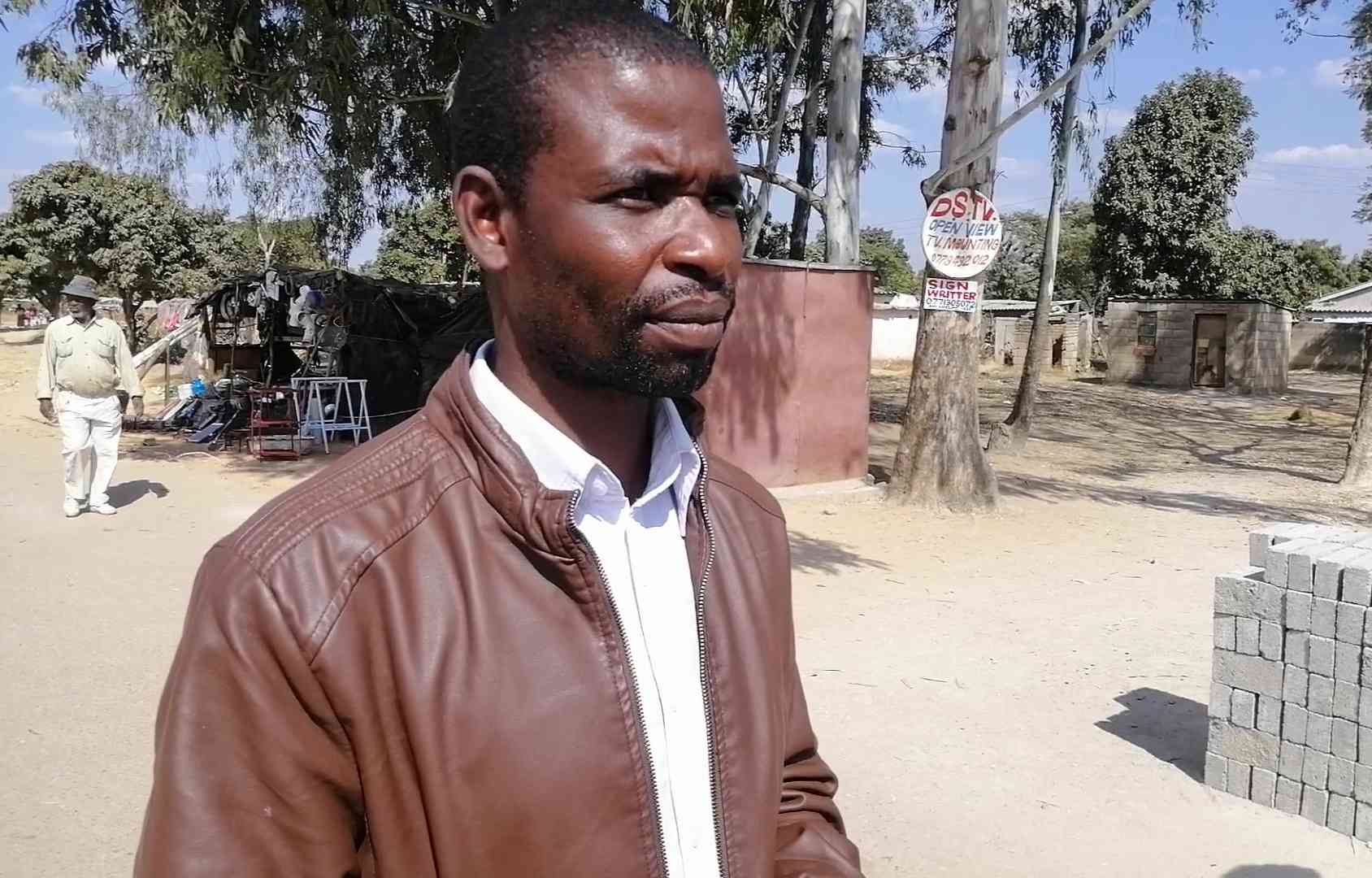
“Epworth, with this project, has seen a big difference on our environmental cleanliness because of these waste centres, waste is being separated so generally the environment is now clean. There is no more dumping of waste except for green waste which is where we are getting a lot of challenges,” he said.





